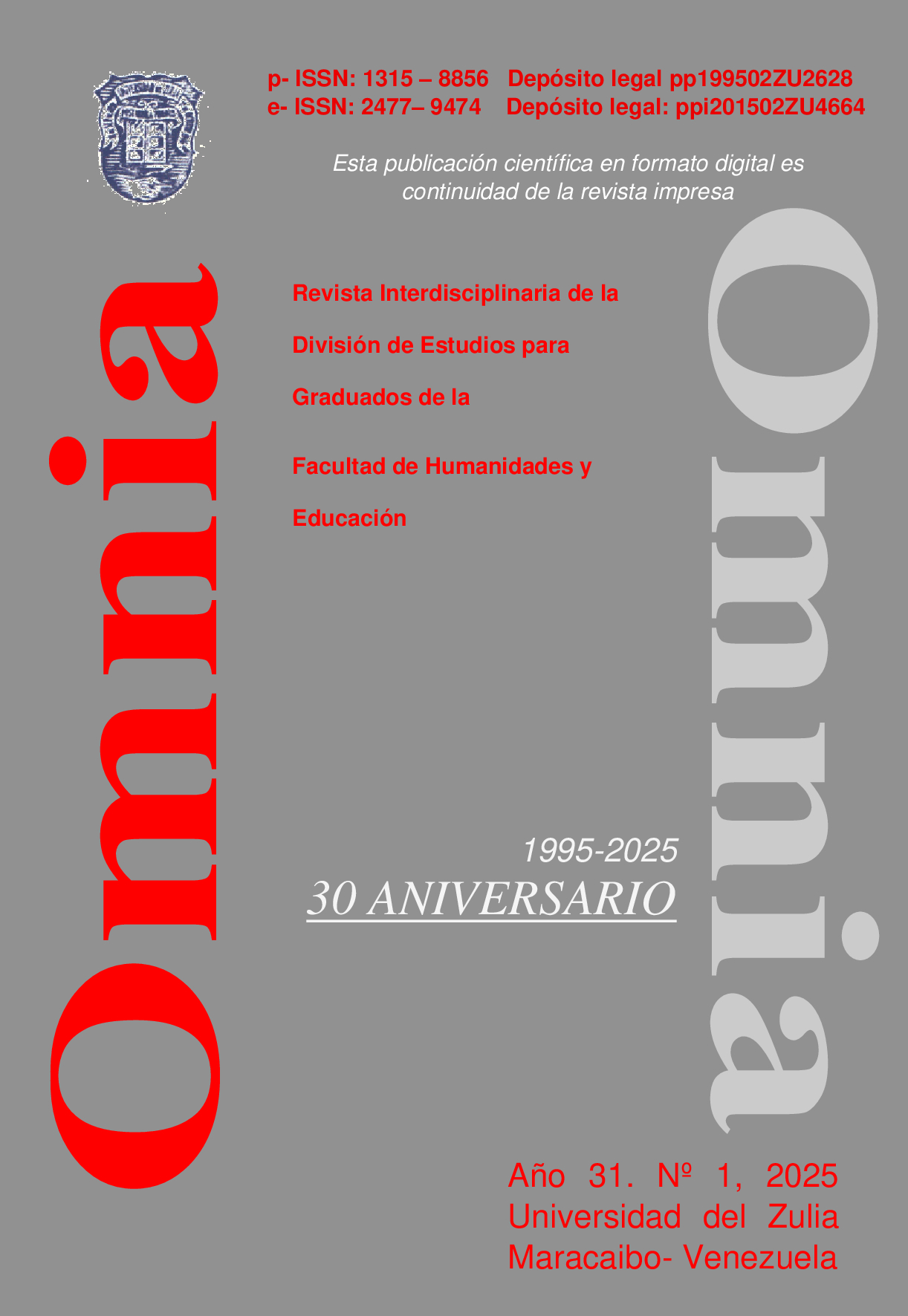La Mente y La Máquina 7x24 (… basado en Daniel Dennett)
Resumen
Esta ponencia se basa en el libro de Daniel Dennett publicado en 1995 Tipos de Mente / Hacia una comprensión de la Conciencia, donde el viejo y tradicional problema filosófico del dualismo cartesiano es expuesto a través de las Ciencias Cognitivas enfocado en la tendencia del Funcionalismo de Daniel Dennett en la Filosofía de la Mente, se presenta como una relación entre dos entidades, una física y la otra inmaterial. El enfoque a través de las analogías entre el cerebro y la mente se expone al manejar el concepto del cerebro como una computadora (hardware) y a la mente como un sistema operativo (software), ofreciendo la visión de las redes neuronales como el motor central de los procesos mentales. Se ofrece una visión de la forma como se ha desarrollado la mente en el largo camino de la evolución de las especies en el árbol de la vida de nuestro planeta, dejando al final preguntas claves sobre el futuro del homo sapiens. Posteriormente se expone los elementos funcionales involucrados denominados redes neuronales encargadas del proceso primario de la información que se recibe del entorno, y se expone los niveles evolutivos de las redes neuronales y la mente como una unidad integrada de procesamiento e información. Algunos párrafos se incluyen como una posible evolución. Una correspondiente reflexión obligada cierra la presente ponencia dejando abierto el camino para la reflexión.
Descargas
Citas
Bhatnnagar Subhash y Andy Orlando (1995). Neurociencia para el Estudio de las Alteraciones de la Comunicación, Masson – Wi-llians y Wilkins, Barcelona.
Boden, Margaret (1994). Filosofía de la Inteligencia Artificial, Fondo de Cultura Económica, México.
Chalmers, David (1966). La Mente Consciente, epublibre, Editor digi-tal: casc, ebookelo.com.
Clark, Andy (1997). Montaje blando y soluciones descentralizadas., en Estar ahí. Cerebro, cuerpo y mundo en la nueva ciencia cogniti-va, Editorial Paidós Ibérica.
Cofer, Charles (1997). Estructura de la Memoria Humana, Ediciones Omega, Barcelona, 1997.
Dawkins, Richard (1976). El Gen Egoísta, epublibre, Editor digital: Titi-villus, ebookelo.com.
Dennett, Daniel (1987). La actitud intencional, Editorial Gedisa.
____________ (1991). La conciencia explicada, Ediciones Paidós Ibérica.
___________ (1996). Tipos de mente. Hacia una comprensión de la conciencia, Madrid, Editorial Debate.
____________ (2005). Dulces Sueños, epublibre, Editor digital: Titivillus, ebookelo.com.
_____________ (2013). Bombas de Intuición y otras herramientas del pensamiento, Fondo de Cultura Económica, México.
Fuente, Ramón y Álvarez-Leefmans, Francisco Javier (1998). Biología de la Mente, Fondo de Cultura Económica, México, 2015 (ver-sión electrónica)
Graubard, Stephen (1988). El nuevo Debate sobre la Inteligencia Arti-ficial, Gedisa Editorial, Barcelona.
Kandel, Eric; Schwartz, James y Jessell, Thomas (1997). Neurociencia y Conducta, Prentice Hall, Madrid.
Kuhn, Thomas (1962). La Estructura de las Revoluciones Científicas, Fondo de Cultura Económica.
Martin James y Odell James (1995). Métodos Orientados a Objetos; Conceptos Fundamentales, Prentice Hall, México.
Melo-Florián., Alejandro (2011). Cerebro, mente y conciencia, Un en-foque multidisciplinario, Editado por Internal Medical Publishing
Penrose, Roger (1990). La Nueva Mente del Emperador, Grijalbo Mondadori, Barcelona.
Piaget, Jean (1970). Epistemología Genética, PressesUniversitaires de France, Barcelona.
________ (1974). El Estructuralismo, oikos-tau – ediciones, Barcelona, 1974
Pinker, Steven (1997). Cómo Funciona la Mente, epublibre, Editor digital: oronet, ebookelo.com.
Popper, Karl (1972). Conocimiento Objetivo, Editorial Tecnos, Madrid.
Ribado, A. (2021). Cerebro, Mente y Conciencia / Basado en Daniel Dennett, Trabajo de Grado UCAB, Caracas. 2021.
Russell, Stuart y Norving, Peter (1995). Inteligencia Artificial Un Enfoque Moderno, Prentice Hall, México.
Trillas, Enrique (1998). Inteligencia Artificial Máquinas y Personas, Editorial Debate, Madrid, 1998.
Searle, John (1984). Mentes, Cerebros y Ciencia, Ediciones Cátedra S.A., Madrid, 1985.
___________ (1990). Actos de Habla, Ediciones Cátedra, Madrid, 1990.
___________ (1995). La Construcción de la Realidad Social, Paidós, España, 1998.
___________ (1998). Mente Lenguaje y Sociedad, Alianza Editorial, Madrid, 2001.
Zerpa, Levis (2001). Fundamentos Lógicos de la Redes Neurales Arti-ficiales, UCV, Venezuela, 2001.





